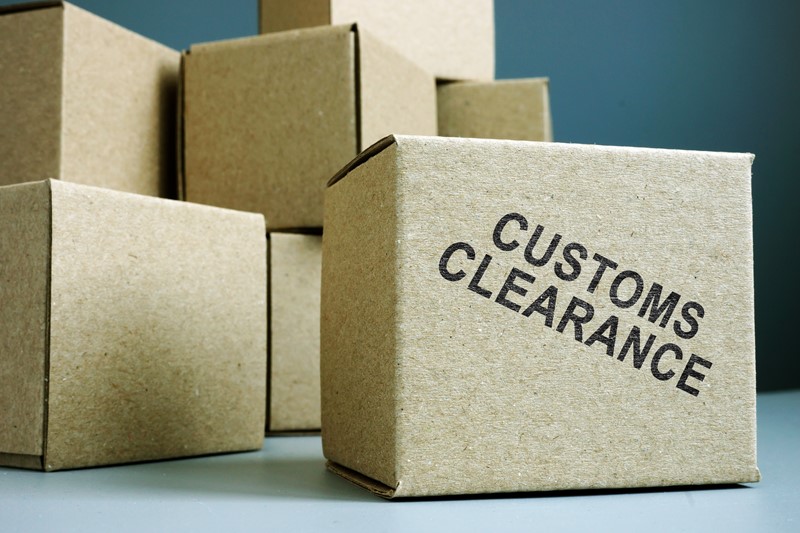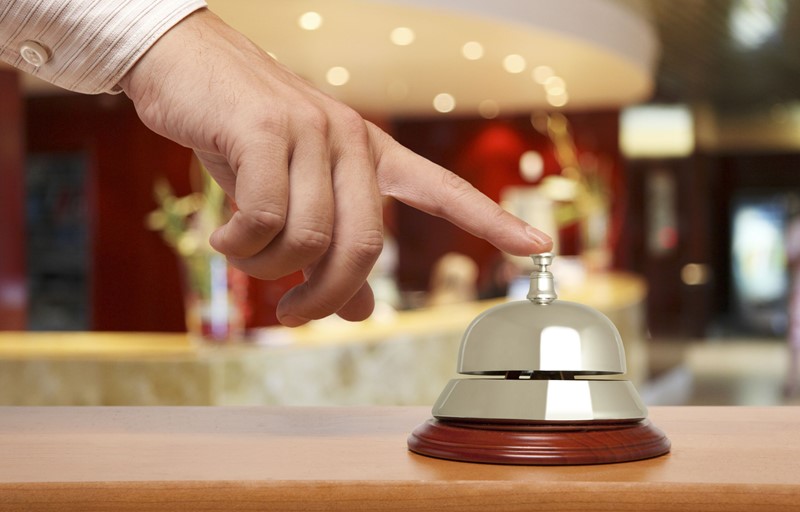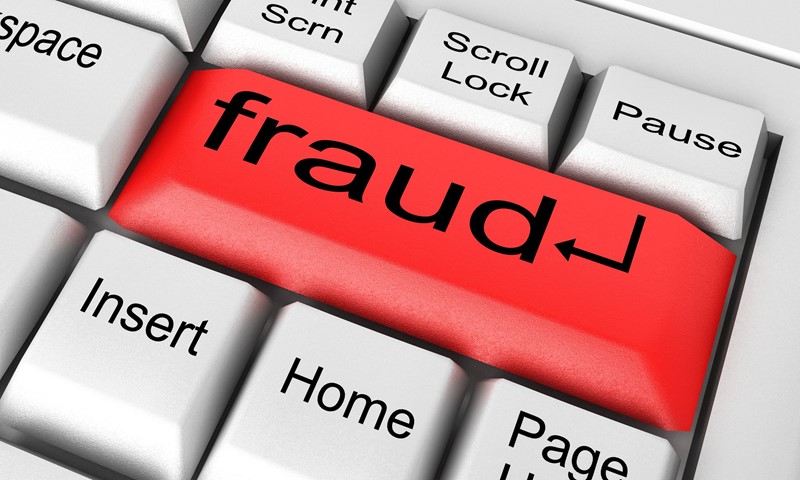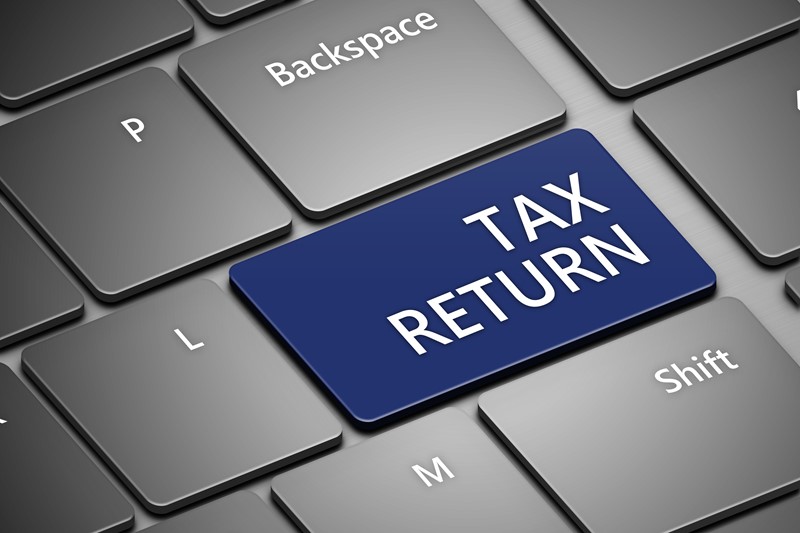The replacement of domestic items relief has been in place since April 2016. The relief allows landlords to claim tax relief when they replace movable furniture, furnishings, household appliances and kitchenware in a rental property. The allowance is available for the cost of domestic items such as free-standing wardrobes, curtains, carpets, televisions, fridges and crockery.
The amount of the deduction is based on:
- the cost of the new replacement item, limited to the cost of an equivalent item if it represents an improvement on the old item (beyond the reasonable modern equivalent); plus
- the incidental costs of disposing of the old item or acquiring the replacement;
- less any amounts received on disposal of the old item.
There is an important distinction between deciding whether or not a new item represents a replacement or an improvement. Where the new item is an improvement on the old item the allowable deduction is limited to the cost of purchasing an equivalent of the original item.
HMRC’s internal guidance provides an example highlighting when a brand-new budget washing machine costing circa £200 is not an improvement over a 5-year-old washing machine that cost around £200 at the time of purchase (or slightly less, considering inflation).
However, if a replacement item is for a reasonable modern equivalent for example a new energy efficient fridge replacing an old fridge this is not considered an improvement and the full cost of the new item is eligible for relief.












